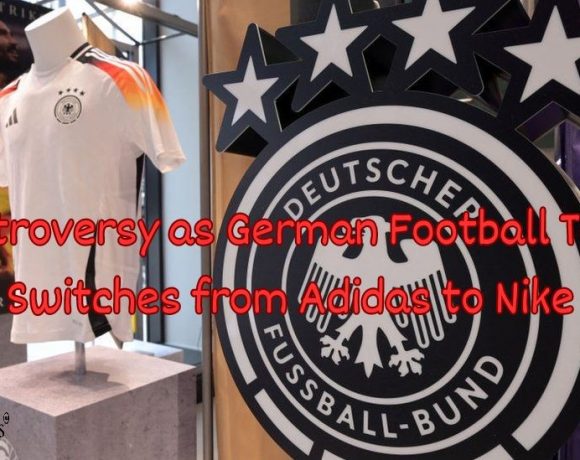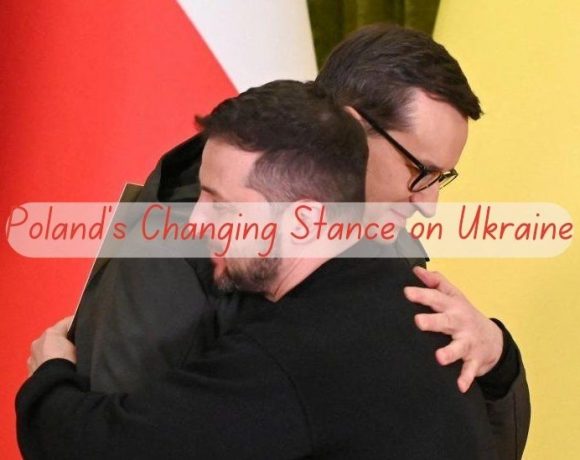
A northern German city has become the first to ban a classroom hand gesture, commonly used to encourage silence, due to its similarity to a far-right Turkish salute.
The “silent fox” gesture, where the hand mimics an animal with upright ears and a closed mouth, has been a popular teaching tool in Germany and elsewhere to signal children to be quiet. However, authorities in Bremen argue that it closely resembles the extremist “wolf salute,” used by the right-wing Grey Wolves group, making it potentially confusing and politically charged.
This issue gained prominence after Turkish footballer Merih Demiral used the salute during the Euros, leading to a diplomatic dispute and his subsequent ban by Uefa. Interior Minister Nancy Faeser condemned the use of the symbol, calling it an unacceptable platform for racism.
Following the incident, Turkish fans protested the ban, and President Recep Tayyip Erdoğan defended Demiral, suggesting the ban was politically motivated. Germany, with its significant Turkish population, felt the tension deeply.
Patricia Brandt, spokesperson for Bremen’s education authority, stated that the city had no choice but to ban the gesture, as its political implications were incompatible with Bremen’s values. She also noted that many educators found the gesture outdated and too authoritative.
The Grey Wolves, a nationalist and Islamist extremist group, is associated with terrorism and hatred towards various ethnic and religious groups. Despite its controversial nature, the silent fox gesture is still used globally under different names like the whispering fox or the quiet coyote in the US.
The ban in Bremen reflects a broader debate in Germany about sensitivity in teaching methods, with some schools now opting for alternative ways to signal silence, such as gongs or different hand signals.
Picture Courtesy: Google/images are subject to copyright


